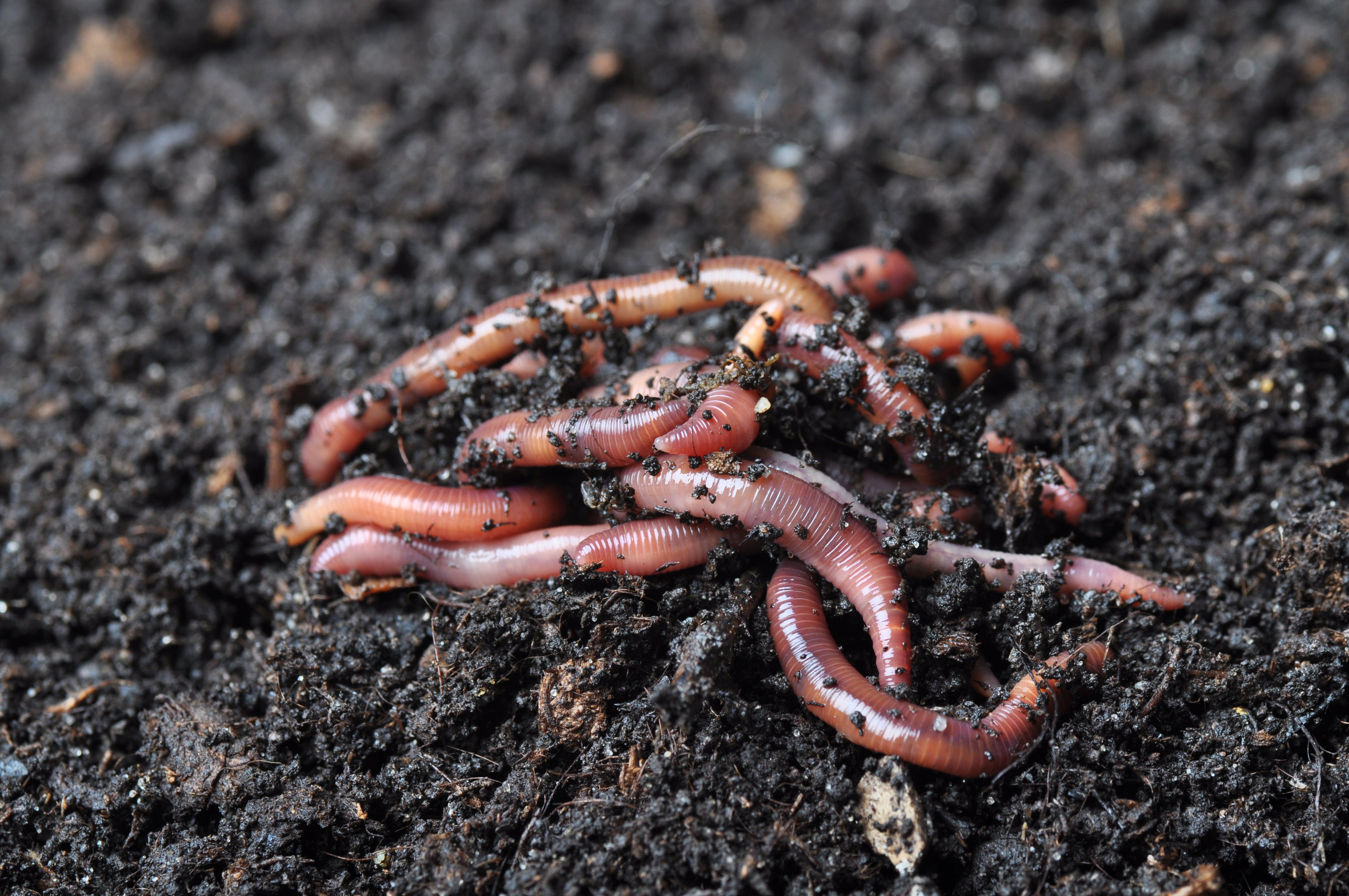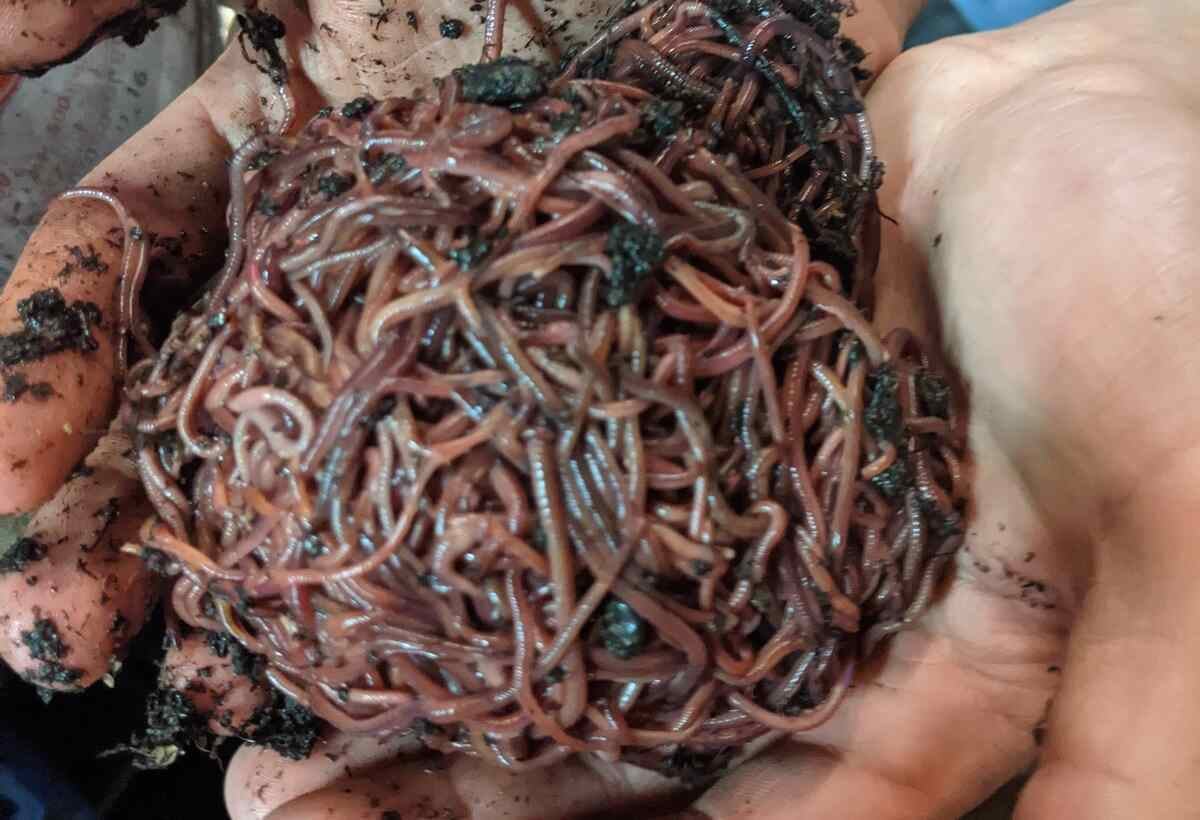Buy Red Wiggler Worms - Perfect for Composting and Horticulture
Red Wiggler Worms Demystified: Opening the Secrets of Vermiculture for Greener Living and Nutrient-Rich Soil
In the realm of lasting practices for improving soil top quality and promoting eco-conscious living, red wiggler worms play a crucial yet typically overlooked role. Red Wiggler Worms. Recognizing the complexities of caring for these worms, maximizing their environment, and utilizing their spreadings can lead to a greener way of life and much healthier soil for plants to grow.
The Duty of Red Wiggler Worms
Red Wiggler worms play a vital function in composting systems by effectively damaging down organic matter right into nutrient-rich spreadings. These starved eaters take in a selection of organic materials, such as cooking area scraps, lawn waste, and paper items. As they feed, the worms' digestive processes damage down the raw material right into a fine, dark, and nutrient-dense material referred to as worm spreadings or vermicompost.
The castings produced by Red Wiggler worms are very advantageous for soil health and plant growth. They are abundant in important nutrients like phosphorus, nitrogen, and potassium, which are vital for supporting healthy plant advancement. In addition, worm spreadings have helpful microbes and enzymes that help improve soil structure, increase water retention, and enhance nutrient uptake by plants.
Benefits of Vermicomposting

Moreover, vermicompost, the nutrient-rich output of vermicomposting, acts as a superb organic plant food and soil conditioner. It enhances dirt framework, enhances dirt aeration, and raises soil dampness retention. These properties add to much healthier plants with stronger root systems and far better resistance to illness and bugs. Vermicompost also enhances the dirt with vital nutrients like potassium, phosphorus, and nitrogen, promoting plant development and total dirt fertility.
Furthermore, vermicomposting assistances sustainable gardening methods by supplying a chemical-free and all-natural choice to synthetic fertilizers. Red Wiggler Worms. This ecologically pleasant strategy not just enriches the soil however additionally aids lower reliance on hazardous chemicals, promoting a greener and much more lasting means of horticulture
Establishing a Worm Container
When developing a worm bin for vermicomposting, appropriate configuration is essential to ensure the success of the composting procedure. The initial step in setting up a worm container is selecting an ideal container.
After including the bed linen, introduce the red wiggler worms to the container. It is suggested to start with a small number of worms and gradually raise as they increase. The worms ought to after that be supplied with food scraps such as vegetables and fruit peels, coffee grounds, and eggshells. It is important to stay clear of adding meat, dairy, oily, or salted foods to avoid attracting pests and developing unpleasant smells.
Regularly i was reading this keep an eye on the moisture levels and temperature in the worm container to guarantee optimum conditions for the worms. With correct configuration and upkeep, the worm bin will effectively convert natural waste into nutrient-rich garden compost for your plants and yard.
Gathering Worm Spreadings
To effectively accumulate nutrient-rich worm spreadings from your vermicomposting system, a systematic harvesting technique is crucial. When it comes time to harvest the worm castings, there are a few key actions to follow to make certain an effective process.

Troubleshooting Common Issues
Identifying and attending to typical difficulties that may occur during the vermicomposting procedure is important for preserving a productive and healthy and balanced worm container. One typical issue that vermicomposters encounter is overfeeding. Including excess food scraps can bring about a build-up of wetness and acidity in the worm bin, potentially harming the worms. To stop this, feed the worms in small amounts, making certain that the food scraps are adequately damaged down prior to adding much more. Another concern is unpleasant odors rising from the worm bin. Foul smells indicate anaerobic problems, normally triggered by overwatering or inadequate air flow. To fix this, adjust the dampness levels by adding completely dry bedding products like shredded newspaper or cardboard and increase oygenation by transforming the bed linens consistently.
In addition, if the worm population is decreasing or the worms show up undesirable, it could be because of ecological stressors such as severe temperature levels or pH levels. Monitoring these variables and making required modifications is essential for the wellness of the worms. By repairing these common problems without delay, vermicomposters can guarantee a successful and smooth vermicomposting process while preserving a growing worm population.

Final Thought
In final thought, red wiggler worms play a critical duty in vermiculture by breaking down organic issue right into nutrient-rich soil. Establishing up a worm container is important for effective vermiculture, and collecting worm castings provides beneficial garden compost for gardening.
As they feed, the worms' digestion processes break down the natural matter right into a penalty, dark, and nutrient-dense material recognized as worm spreadings or vermicompost.
The spreadings created by Red Wiggler worms are highly advantageous for dirt health and wellness and plant growth. Including excess food scraps can lead to an accumulation of find wetness and acidity in the worm bin, possibly hurting the worms.In addition, if the worm populace is declining or the worms show up undesirable, it might be due to environmental stressors such as extreme temperatures or pH degrees. Establishing up a worm bin is important for successful vermiculture, and collecting worm spreadings offers valuable garden compost for horticulture.